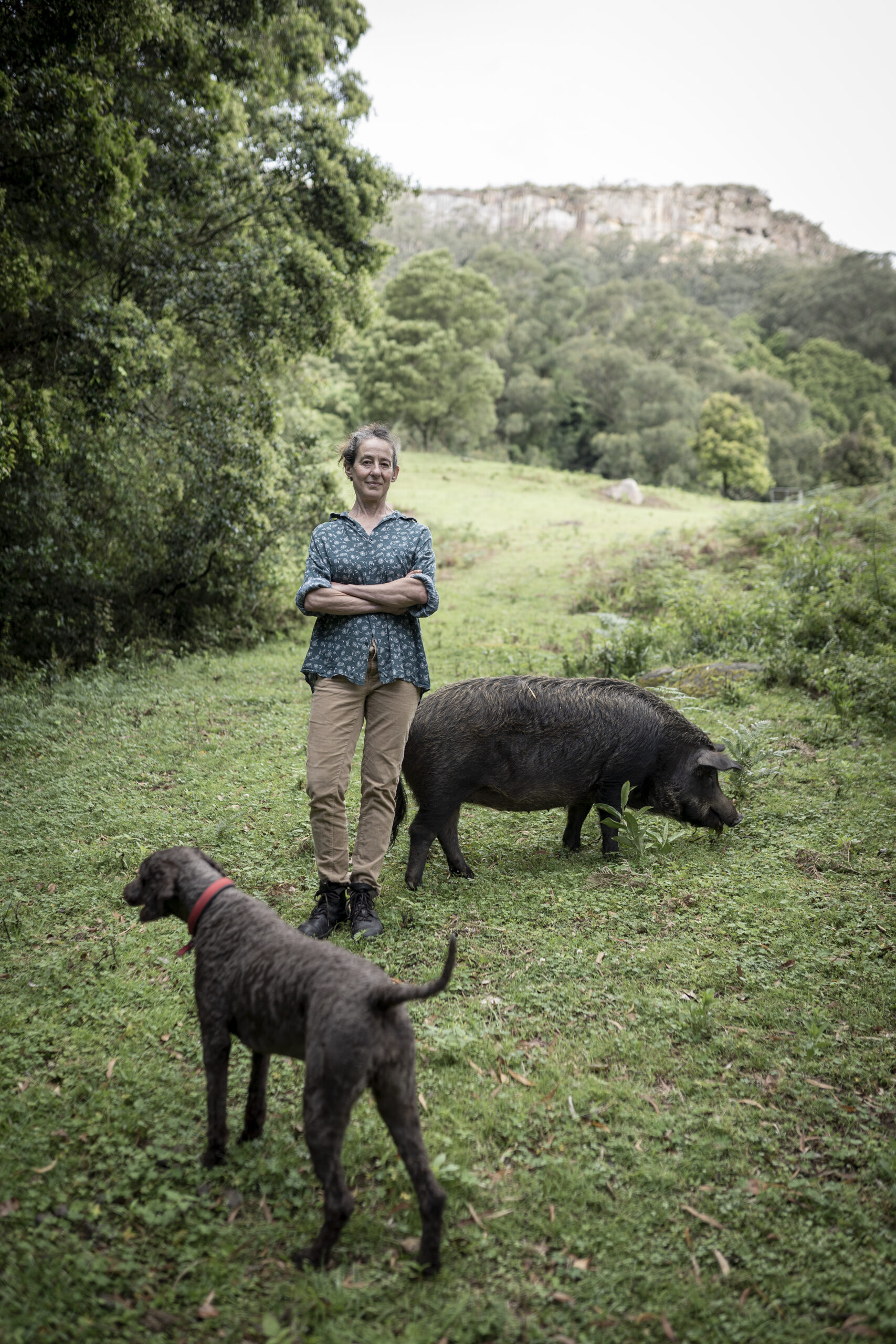The Melbourne Knowing Animals Reading Group continued our exploration of early animal studies scholarship, curated by lynn mowson, with Lori Gruen’s work on “Dismantling Oppression” (1993). Broadening the focus from ‘single issues’ is, Gruen argues, the only way to avoid reproducing systemic oppression (60). We agreed the momentum for more intersectional approaches is ongoing and growing.
The article extended last month’s investigation into the tensions between rational and emotional approaches in relation to Cora Diamond’s work. Fifteen years on, Gruen notes the ‘unnecessary dichotomy between reason and emotion’, and she outlines the losses that come with maintaining ‘the rights-based theory of Tom Regan and the utilitarian theory of Peter Singer’ (89). Such thinking, we agreed, is still in ascendency, particularly when it comes to law and policy (Bromburg). It was acknowledged that good work has been done as a result of rights-based and utilitarian thinking (Moore). The tendency to give ‘credence’ to only these thinkers, at the expense of others, was also noted (Creed). Yet such work doesn’t challenge the ‘underlying structure’ that continues to oppress women and nonhuman animals (Laird). This can be seen in the continuing ‘symbolic function’, noted by Gruen, that is served by conflating women and nonhuman animals (61). A woman can be referred to as a cow, bitch and sow (Creed). A woman past reproductive age is ‘spent’ (Crosbie). Yet, these epithets are being reclaimed and queered. In drag culture, to be ‘fishy’ is a goal attained (Singer).
The group then queried Gruen’s ideal ecofeminism, a mode of thinking marked by an ‘inclusive focus and respectful appreciation of difference’ (81). This was agreed to be the preferred research position, but it was felt that in some ecofeminist thinking, anthropocentric perspectives still prevail.
This raised the question of it might mean to approach our various methodologies with the humility Gruen suggests (Neumark). Referencing Robin DiAngelo’s White Fragilities, it was suggested that developing multiple perspectives is part of the work that needs to be done, not with the hope of reaching an all-encompassing perspective, but rather, to sense where one’s boundaries might meet those of another (Singer). However, we struggled to see where we might find methodological humility when dealing with inappropriate approaches to nonhuman bodies in art, thinking through a recent classroom event that ‘broke’ the ‘wall’ needed to function as a vegan in a carnivore culture (Crosbie). Those involved in visual arts noted the continuing uncritical use of animal flesh in their field and we celebrated the work by Yvette Watt and others to create guidelines in this area. This led to a speculation that cruelties in art work might follow the same masculinist logic as the gratuitous animal experimentation Gruen describes (Pyke). We finished by pondering whether or not the use of nonhuman animals in animal advocacy might also be ethically questionable (Bromberg).
Next month we will be thinking through the animal industrial complex through the work of Barbara Noske, Carol J. Adams and Richard Twine.
Work read: Gruen, Lori. 1993. “Dismantling Oppression: An Analysis of the Connection Between Women and Animals.” In Ecofeminism. Edited by Greta Gaard. Temple University Press. Reference also made to Donovan, Josephine. 1990. “Animal Rights and Feminist Theory.” Signs: Journal of Women in Culture and Society. 15 (2): 350-375 and Adams, Carol J. 1987. “The Sexual Politics of Meat.” Heresies 21: 51-55.
Summary by Sue Pyke in close consultation with Leo Bromberg, Barbara Creed, Shan Crosbie, Tessa Laird, Gina Moore, lynn mowson, Norie Neumark and Hayley Singer.



